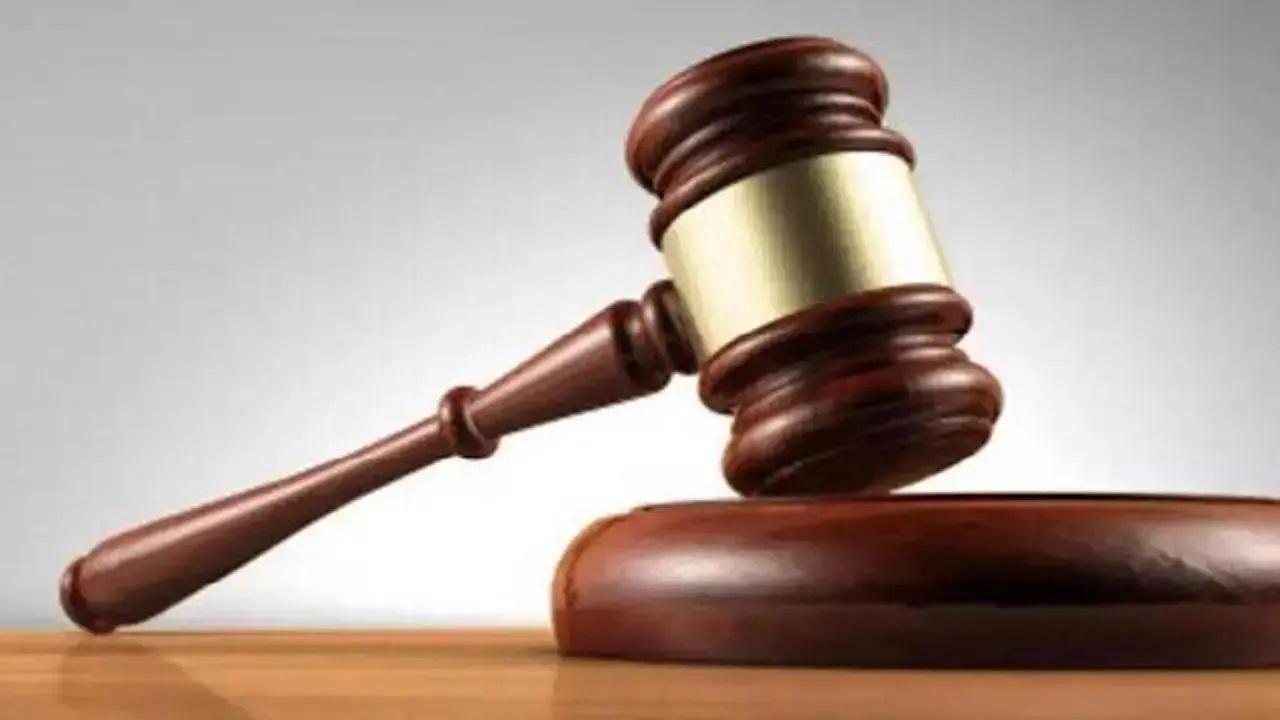The plea filed by Jaya Thakur has sought review of the November 7 verdict saying there was error apparent on the face of records in the judgement

Representative Image
A Congress leader on Wednesday moved the Supreme Court seeking review of its verdict upholding the 10 per cent reservation introduced in 2019 for the economically weaker sections (EWS) in educational institutions and government jobs that excluded the poor among the SC/ST/OBC categories.
ADVERTISEMENT
The plea filed by Jaya Thakur has sought review of the November 7 verdict saying there was error apparent on the face of records in the judgement.
The review petition has been filed through advocate Varinder Kumar Sharma.
In its landmark judgement, a five-judge Constitution bench had said that the use of basic structure doctrine as a "sword" to "stultify" the State's effort to do economic justice cannot be countenanced.
It had delivered a 3:2 majority decision in favour of the 103rd Constitution Amendment.
While upholding the 10 per cent reservation introduced in 2019 for EWS in admissions and government jobs that excluded the poor among the SC/ST/OBC categories, the apex court had said it is not discriminatory or violative of any essential feature of the Constitution.
Also Read: SC asks Centre to produce file related to appointment of Election Commissioner Arun Goel
Treating the EWS as a separate category is a reasonable classification and the 50 per cent ceiling on the total reservation under the Mandal judgment is "not inflexible", the judges had said while dismissing the petitions challenging the validity of the law.
The bench headed by then Chief Justice U U Lalit had delivered four judgments on 40 petitions against the Amendment that was passed after the Modi government decided to grant quota to the economically weaker sections ahead of the 2019 Lok Sabha elections.
Justices Dinesh Maheshwari, Bela M Trivedi and J B Pardiwala had upheld the EWS quota.
The then CJI was in minority with Justice S Ravindra Bhat when they ruled against it, holding that due to exclusion of the poor of classes like SCs, STs, and OBCs from its ambit, the Amendment "practices constitutionally prohibited forms of discrimination".
The apex court had held that reservation is an instrument of affirmative action by the State so as to ensure an all-inclusive march towards the goals of an egalitarian society while counteracting inequalities.
"In the ultimate analysis, it is beyond doubt that using the doctrine of basic structure as a sword against the amendment in question and thereby to stultify State's effort to do economic justice as ordained by the Preamble and DPSP and, inter alia, enshrined in Articles 38, 39 and 46, cannot be countenanced," Justice Maheshwari, in his 155-page separate verdict, had said.
The doctrine of basic structure cannot be invoked for laying a challenge to the 103rd Amendment, the judgment had said, adding that other contentions and submissions need not be dilated.
Upholding the EWS quota, Justice Maheshwari had said the reservation is an instrument not only for the inclusion of socially and educationally backward classes to the mainstream of society but, also for the inclusion of any class or section so disadvantaged as to be answering the description of a weaker section.
Justice Trivedi, in her 24-page concurring views with Justice Maheshwari, had said the concept of equality allows differential treatment but it prevents distinctions that are not properly justified.
Justice Pardiwala, who penned a concurring 117-page verdict upholding the EWS quota, had said that the quota in jobs and admissions on the sole economic criteria did not violate the basic structure of the Constitution.
The majority view of three judges had held that exclusion of the classes like SCs, STs and OBCs from getting the benefit of reservation as economically weaker sections, being in the nature of balancing the requirements of non-discrimination and compensatory discrimination, does not violate Equality Code and does not in any manner cause damage to the basic structure of the Constitution.
Justice Bhat, in his dissenting minority verdict, had said that quota on the ground of economic criteria was "per se not violative", but it has to go due to the exclusion of poor SCs, STs, and OBSs from its ambit.
The top court had heard as many as 40 petitions and most of the pleas, including the lead one filed by 'Janhit Abhiyan' in 2019, challenged the validity of the Constitution Amendment (103rd) Act 2019.
Lok Sabha and Rajya Sabha cleared the bill on January 8 and 9 in 2019, respectively and it was signed by the then President Ram Nath Kovind.
The EWS quota is over and above the existing 50 per cent reservation to SCs, STs, and Other Backward Classes (OBCs).
This story has been sourced from a third party syndicated feed, agencies. Mid-day accepts no responsibility or liability for its dependability, trustworthiness, reliability and data of the text. Mid-day management/mid-day.com reserves the sole right to alter, delete or remove (without notice) the content in its absolute discretion for any reason whatsoever.
 Subscribe today by clicking the link and stay updated with the latest news!" Click here!
Subscribe today by clicking the link and stay updated with the latest news!" Click here!







